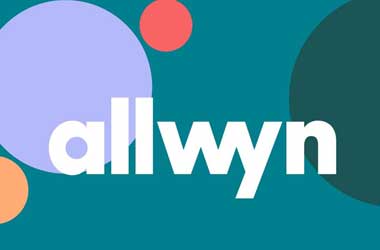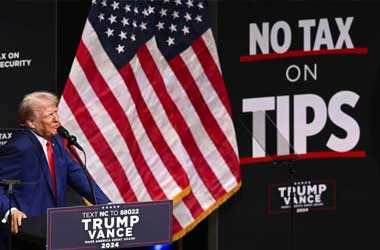 Maryland is pushing forward with its push to regulated and launch sports betting in the state. The Maryland Lottery and Gaming Commission approved a 228 page draft sports betting regulation manual and has made the same open to the public for viewing.
Maryland is pushing forward with its push to regulated and launch sports betting in the state. The Maryland Lottery and Gaming Commission approved a 228 page draft sports betting regulation manual and has made the same open to the public for viewing.
Maryland state laws require these draft regulations to be open to the public for a 30 day period. The general public will be allowed to send in their opinions, suggestions and feedback which will then be considered by the gaming regulator.
Based on the feedback, the draft regulations may or may not be amended. To find out more info on the public feedback timeframes, check out the gaming regulator’s website.
While a lot of the draft regulations appear to be run of the mill that is found with in most states that have a legalized betting market, there are a number of points that are unique and maybe a bit controversial.
The licensing and application process is certainly a lot more stringent than most states. Those interested in obtaining a betting license must be prepared to go through a two part application process. They will also be subjected to a review by the Maryland Lottery and Gaming Commission which consists of a seven member committee.
A total of 60 licenses will be awarded in the state and each license is expected to cost around $500,000. License holders will be allowed to offer both retail wagering as well as mobile wagering throughout the state. In-person wagering will be permitted at teller windows and kiosks.
Some of the controversial aspects of the draft regulations include limits on promotion play after the first year of operation and making it mandatory for licensed operators to use official league data.
Four Types Of Licenses
The first type is a Type A-1 license which is given to professional sports teams, stadiums and future teams. These licenses carry a $2 million application fee and a $6M license bond. A Type A-2 license is given to horse tracks and video lottery terminals who have less than 1,000 VLTs. These licenses carry a $1 million application fee and a $3M license bond.
The third license is Type B-1 which is applicable to those who are not qualified for a Type B-2 license. The fourth license is a Type B-2 license which is open to companies that less than $3 million in average gross receipts and less than 25 employees. This comes with a $50,000 license fee and a $75,000 license bond.

 United States
United States United Kingdom
United Kingdom














